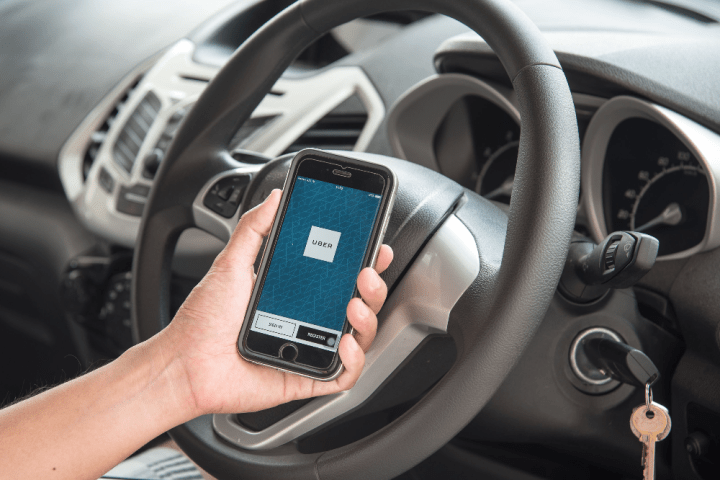
Up until now, both Uber and Didi have operated in a legal grey area where lawsuits weren’t exactly thrown at either company, but their rides weren’t explicitly legal, either. That will change come November 1, however, as Chinese regulators will reportedly make online car booking services legal.
Services that wish to operate in China must abide by certain rules, however. For one, drivers must have a minimum of three years experience; they must register with local taxi regulators and not have criminal records as well, if they want to drive folks around. Furthermore, cars cannot have more than seven seats and must be equipped with safety features like security alarms and GPS. Along those lines, cars with more than 600,000 kilometers (372,822 miles) to their names must be retired.
Finally, any user information and data collected by companies will need to be stored in China for at least two years.
These rules have not yet been adopted by regional and local officials in China, with Bloomberg noting that certain conditions might have changed. Even so, the rules certainly help legitimize the ride-sharing industry during a time when several economies seem against it. As such, both Uber China and Didi welcomed the regulations with open arms.
“While the details of how these regulations are implemented will fall to cities and provinces, this is a welcome step in a country that has consistently shown itself to be forward-thinking when it comes to innovation,” wrote Uber China in a blog post.
Meanwhile, a Didi spokesperson told TechCrunch, “As a member of the ride-share community, Didi welcomes the government’s endorsement and encouragement of the industry and China’s emerging sharing economy. We believe the rules will usher in a new stage of growth for China’s online ride-booking ecosystem and that Didi is prepared to meet these new requirements.”
The alleged rules come at a great time for Uber in particular, since the U.S.-based ride-sharing company loses $1 billion a year in China. Partly responsible for such significant losses is Didi, which hails from China and has considerable financial backing from Chinese companies like Alibaba and Tencent.


